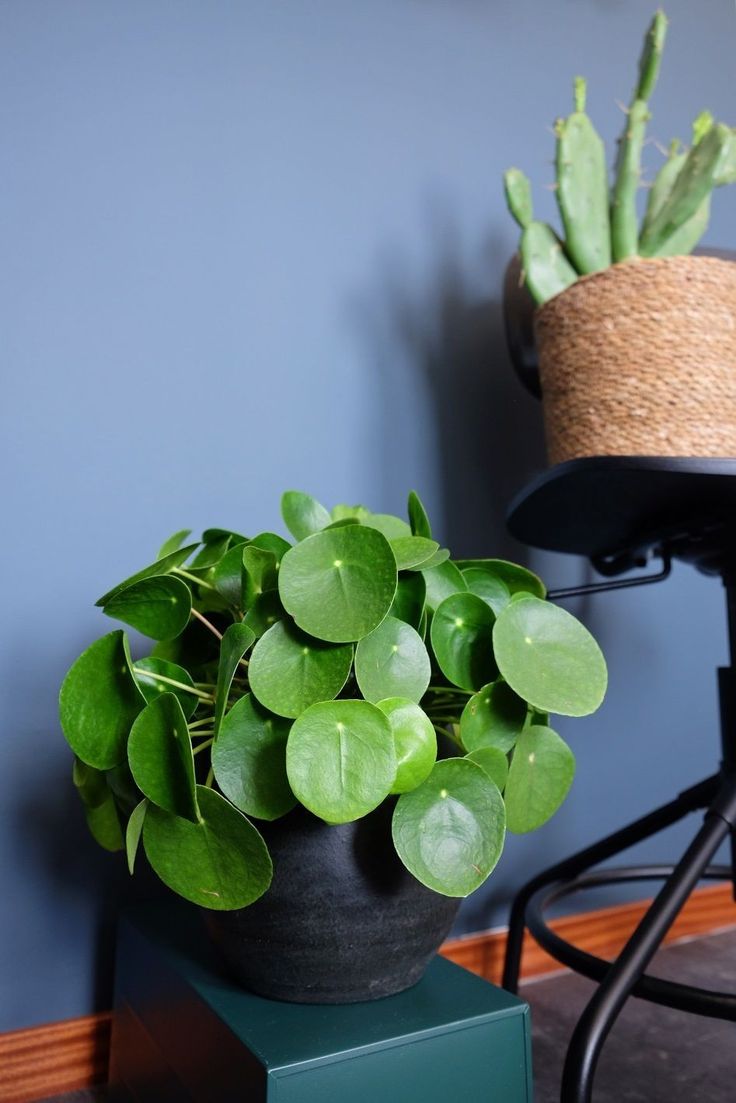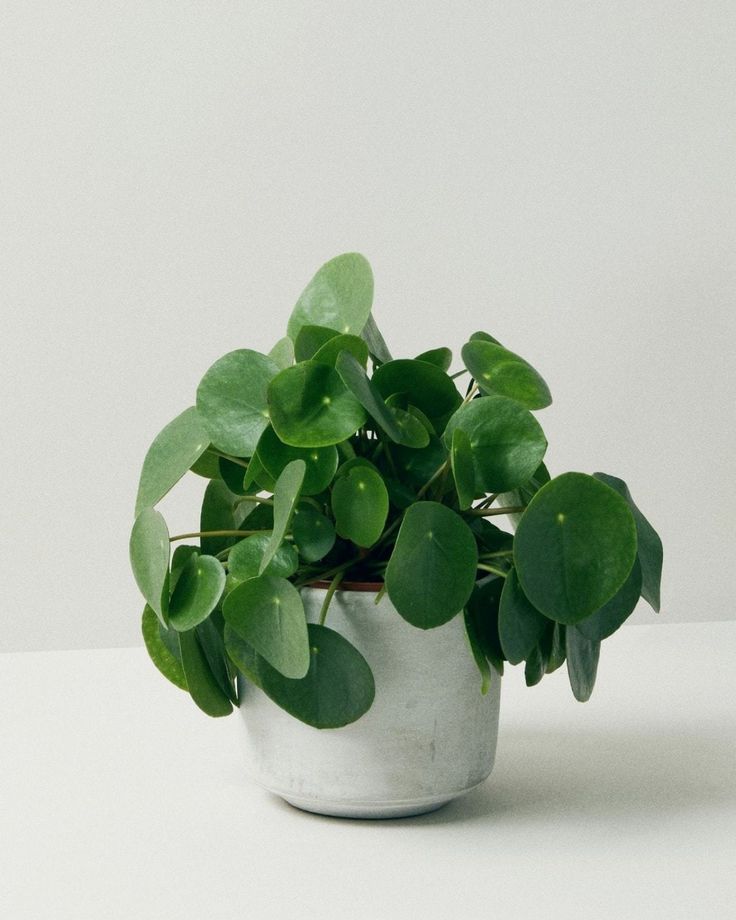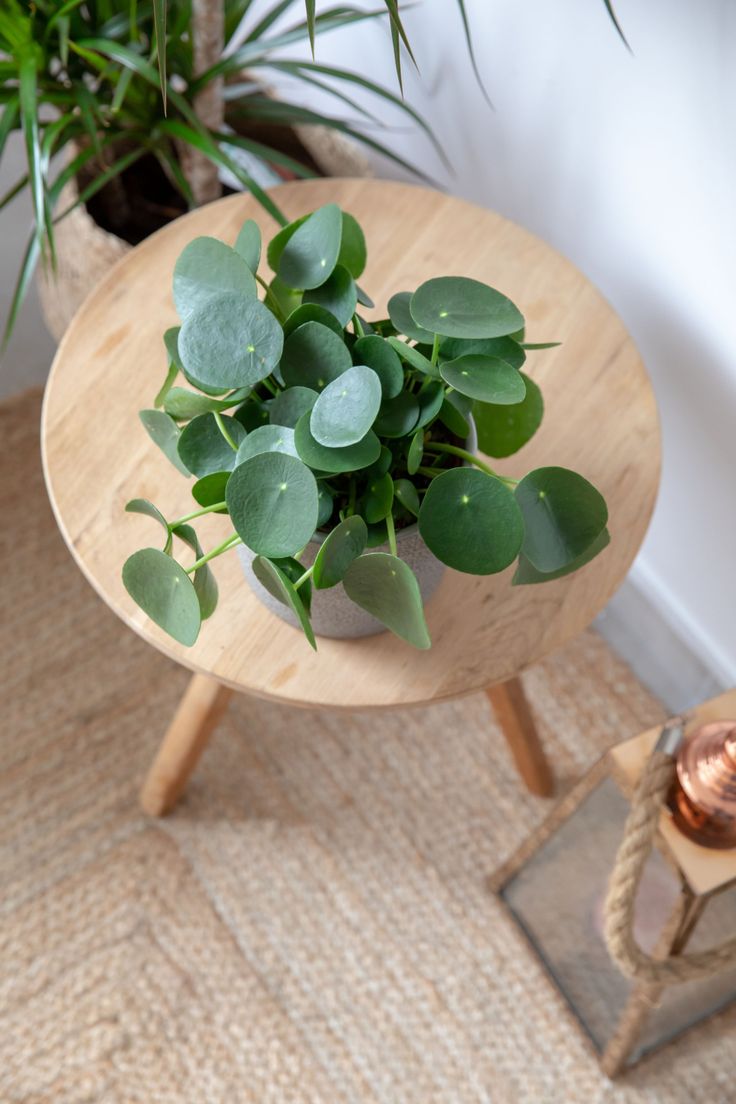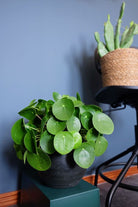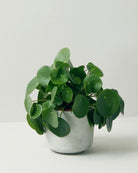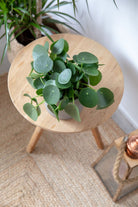New arrival
New arrival
Pilea Peperomioides 'Chinese Money Plant' - Large
Dhs. 149.00
Unit price
/
Unavailable
Couldn't load pickup availability
The Pilea Peperomioides, often called the Chinese Money Plant, is a popular and easy-to-care-for houseplant known for its round, coin-like leaves. Here’s how to care for your Pilea:
Light
- Bright, indirect light is ideal. Too much direct sunlight can scorch the leaves, while too little light can cause leggy growth and fewer leaves. It thrives near windows with sheer curtains or in well-lit rooms.
Watering
- Water when the top inch of soil feels dry. Overwatering can lead to root rot, so be sure not to let the plant sit in water. Reduce watering in the winter months when growth slows.
Soil
- Use well-draining, light, and airy potting soil. A mix of peat, perlite, and pine bark works well. Make sure the pot has drainage holes to allow excess water to escape.
Temperature & Humidity
- Keep the temperature between 60°F and 75°F (15°C and 24°C).
- Pilea Peperomioides is tolerant of average indoor humidity levels, but higher humidity can encourage faster growth.
Fertilizing
- Fertilize monthly during the growing season with a balanced, water-soluble fertilizer.
Repotting
- Repot your Pilea every 1-2 years or when it outgrows its pot. Pilea Peperomioides grows quickly, and you’ll want to give it space as it grows. Spring or early summer is the best time to repot.
Pruning
- Trim back any leggy or damaged stems to promote more compact growth. Also, removing older leaves will encourage new growth.
Propagation
- Pilea Peperomioides is easy to propagate. It naturally produces small "pups" or offsets at the base of the plant. Gently remove these and plant them in separate pots once they’ve grown roots.
Common Problems:
- Yellow leaves: Could be from overwatering or too much direct sunlight.
- Drooping leaves: May indicate underwatering or the plant is thirsty.
- Pests: Keep an eye out for pests like mealybugs, aphids, or spider mites. Wipe leaves regularly with a damp cloth to prevent these pests.
With proper care, your Pilea Peperomioides will thrive and grow healthy, beautiful round leaves.

